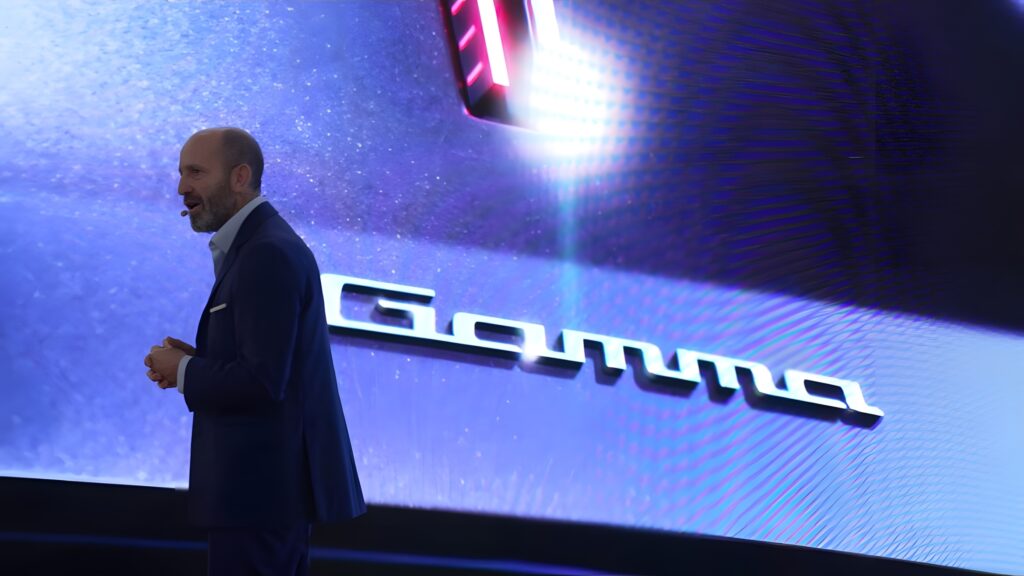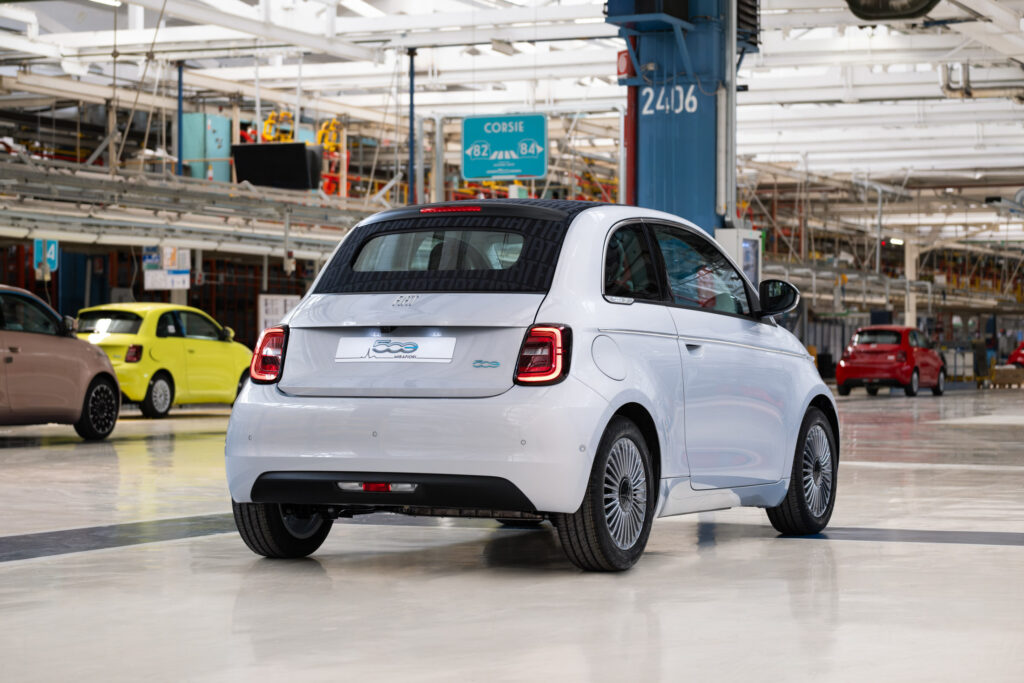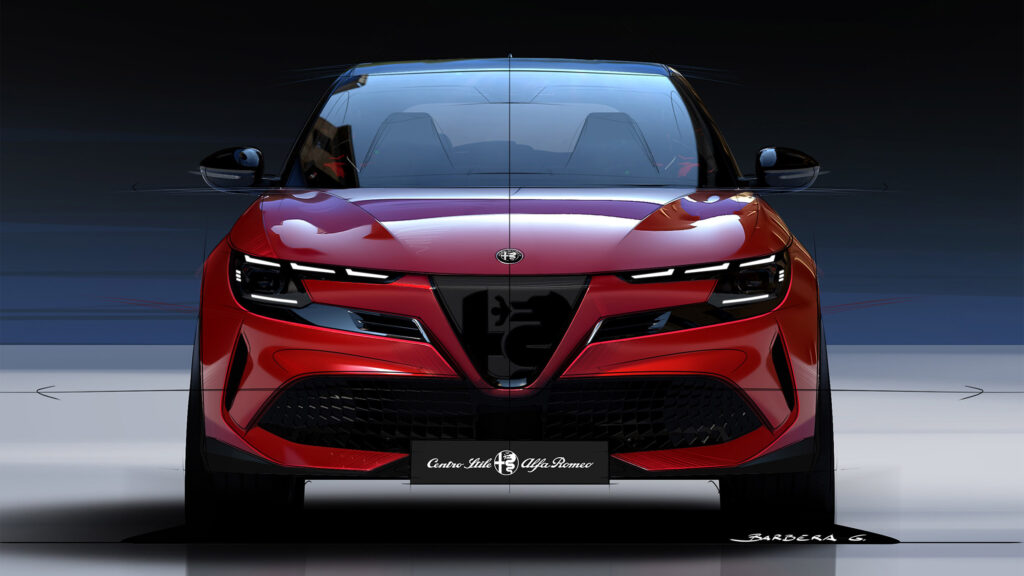- Stellantis commits €2 billion to Italian production, ensuring all factories remain operational.
- Maserati’s plant in Modena will be transformed into a new hub for the group’s high-end vehicles.
- EV and hybrid versions of the Jeep Compass, Lancia Gamma, and DS7 will be built from 2025.
For much of the year, tensions simmered between Stellantis and the Italian government over the automaker’s long-term commitments to the country. Now, just two weeks after former chief executive Carlos Tavares stepped down, Stellantis has put those disputes to rest by announcing a multi-billion-euro investment in Italian production and unveiling a lineup of new models.
Read: Italy And Stellantis May Finally Work Together After Tavares Exit
Executives from Stellantis, including chairman John Elkann, met with Italian Industry Minister Adolfo Urso and trade union representatives earlier this week. During the discussions, Stellantis confirmed that all of its Italian plants will remain operational and pledged to invest €2 billion ($2.1 billion) into the local market next year.
New Alfa Romeo Models
The Cassino plant will take on the production of three large-sized models. Starting next year, it will manufacture the next-generation Alfa Romeo Stelvio and the 2026 replacement for the Giulia sports sedan. Both models are set to be available as electric vehicles, with hybrid options also on the table. Additionally, an unspecified flagship Alfa model will be produced at the same site, according to Reuters.
Lancia, Jeep, Fiat And DS
Stellantis announced that at least two compact models will be built at its Pomigliano D’Arco plant in southern Italy, utilizing the STLA Small platform starting in 2028. The existing Panda will continue production at this location until 2030, after which it will be succeeded by a next-generation model. From next year, the Melfi factory will produce battery-electric and hybrid versions of the Jeep Compass, Lancia Gamma fastback, and DS 7, followed by the all-electric DS 8.

At the Mirafiori site, Stellantis plans to begin building a hybrid version of the 500 in late 2025 and has committed to producing the city car there until 2032 or 2033. The site will also see an increase in the production of electrified dual-clutch transmissions, rising from 600,000 to 900,000 units annually. Meanwhile, Stellantis’ European boss Jean-Philippe Imparato announced that Maserati’s plant in Modena will become the group’s new hub for high-end vehicles.
Stellantis is also keeping busy with its Atessa facility, where large electric vans will continue to roll out, including a next-gen version in 2027.
Additionally, Imparato also reassured government officials that the group’s Turin facilities will continue to house the headquarters of its Fiat brands, although Stellantis’ fiscal base will remain in the Netherlands. He added that the group will not require any public funds for its planned investments.




